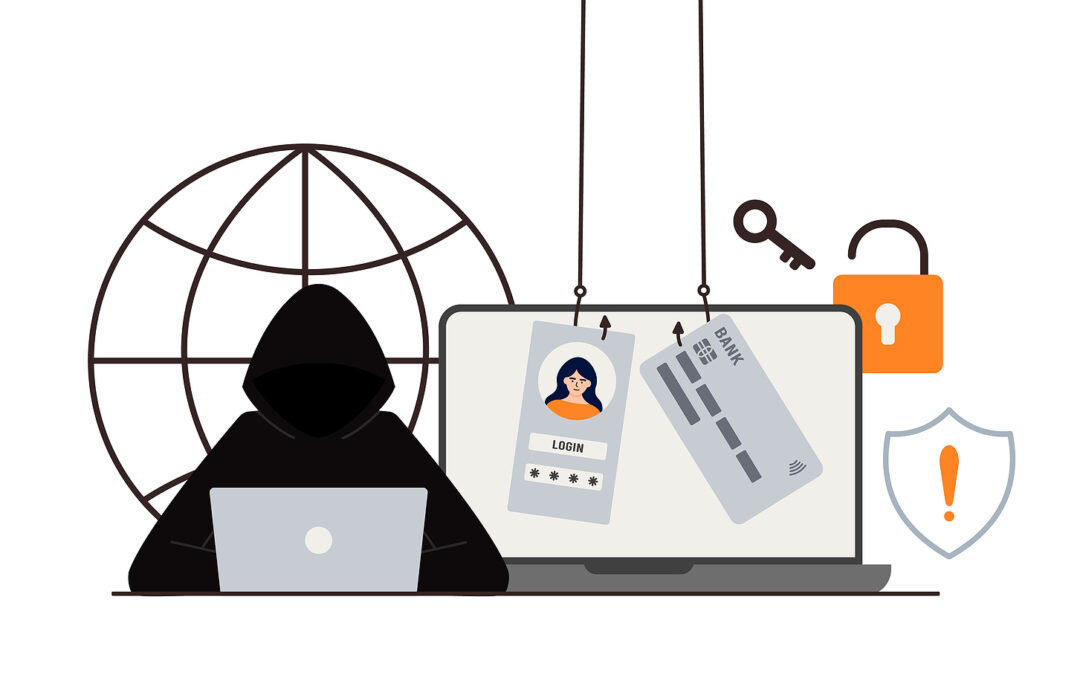Recognizing the Scammer’s Schemes
The Federal Bureau of Investigation estimates seniors lose more than $3 billion dollars a year due to fraud. Seniors are especially at risk for fraud due to their trusting and polite nature and their hard-earned financial security. Once a victim, seniors are reluctant to report these crimes. When these crimes are reported they are often difficult to prosecute. This makes these scams all the more attractive to criminals. In the age of electronics and internet, it is even easier to connect with others, but it is also easier to connect with those who prey on seniors.
To better protect yourself and your loved ones, here are a few scams you should be familiar with:
- Romance Scams- Criminals pose as romantic interests on social media websites such as Facebook, Instagram, or dating websites in order to lure in seniors and take advantage of a lonely senior’s need for love and companionship. Scammers will ask the senior for money, to purchase gift cards or give them objects throughout their relationship. These “romantic relationships” cause significant financial harm to the senior. They may also use their influence to get the senior to change their estate planning documents to include them in a Will or a Trust.
- Tech Support Scams– Criminals imitate tech support representatives or operators. They offer to fix nonexistent problems with computer, software, or televisions. This allows scammers can gain access to sensitive financial material and use it to drain a senior’s accounts. Scammers can also request payment up front for services that never occur.
- Grandparent Scams–Criminals pretend to be the senior’s grand-kids or another relative and claim to be in dire financial need. They prey on the senior’s love of their family and their generous spirit by claiming they need immediate money to take care of whatever dire problem they are in, such as bail, money for food, etc.
- Government/Law Enforcement Impersonation Scams– Criminals pose as government employees or members of law enforcement. They will threaten the senior with legal or criminal action or even imprisonment, if they do not provide the criminal with payment.
- Sweepstakes/Lottery Scams– Criminals claim that the seniors have won a sweepstakes or lottery. In order to collect their money, the senior needs to pay a small “fee.”
- Charity Scams– Criminals represent themselves as a member of a legitimate charitable organization. They will gain the senior’s trust and request the senior donate money to their cause.
- Home Repair Scams– Criminals come to the senior’s home and charge them for services to repair issues in their home, but do not provide the services.
- TV/Radio Scams– Criminals target the senior by using illegitimate advertisements about legitimate services, such as reverse mortgages, credit repair or financial advice. Criminals use the nformation obtained to steal the senior’s money and identity.
- Family or Caregiver Scams– Caregivers or family members take the senior’s money while they are providing care for the senior or visiting.
- Medicare/Health Care Scams– Criminals pose as a Medicare representative to get seniors to give them personal information they can use to steal their identity. Some even go so far as to provide bogus services, such as “wellness checks”, out of makeshift mobile clinics and then bill Medicare.
How to Protect Yourself
If you believe you have been a victim to one of these schemes, immediately report the matter to your local law enforcement. Keep a list of all of the information you can regarding the interaction with the scammer and a list with monetary transactions that may have been made. Record things such as the name of the scammer or “company”, dates of contact, methods of communication, phone numbers, email addresses, mailing addresses. Make a list of any websites used by the individuals. If you sent money or prepaid cards, include the financial institution names, account names, and numbers. Write out a description of your interaction with the individual, include what they told you and what instructions you were given. Be sure to keep all of your original documents.
If you wish to learn more about fraud schemes or how to better protect yourself or your loved ones, visit a few of the websites listed below!
Happy New Year from all of us at The Sketchley Law Firm!
Helpful Resources and Websites
Office of the Attorney General
Federal Bureau of Investigation, “Elder Fraud”
National Council on Aging, “Top 10 Financial Scams Targeting Seniors”
National Council on Aging, “How Older Adults Can Improve Their Personal Cyber Security”
AARP Money Section on Scams and Fraud
AARP Suspected Scam Line: (877) 903-3360
AARP Podcast “The Perfect Scam,” sharing real life stories of scams.


